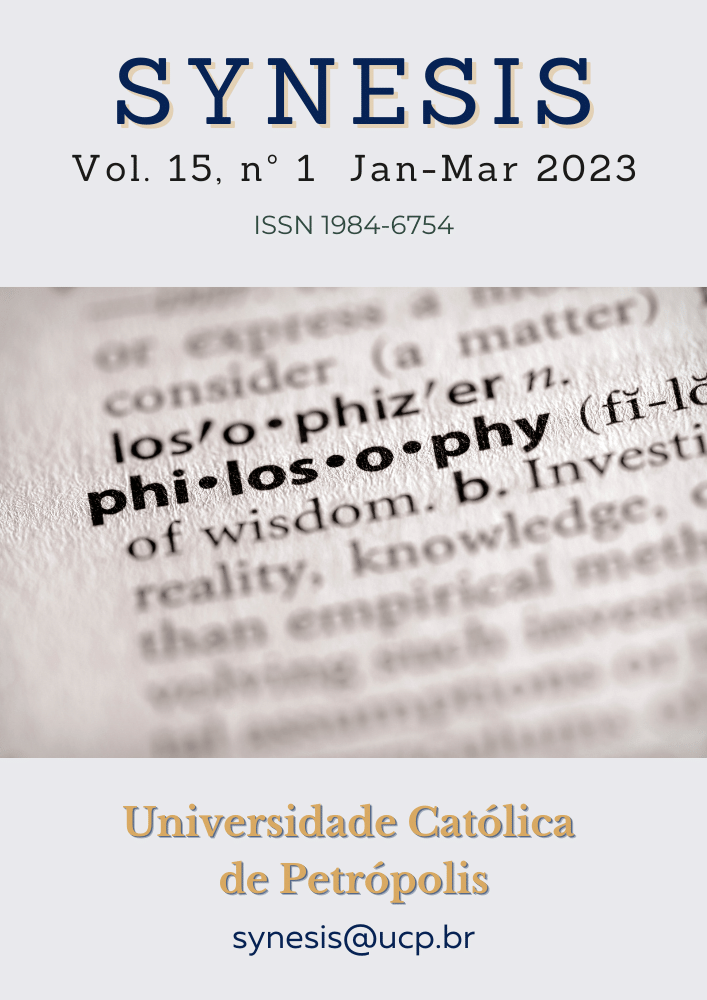Resumo
O artigo centra-se na análise dos factores que afectam a eficiência da aprendizagem on-line dos estudantes da Universidade de Tecnologia e Educação da cidade de Ho Chi Minh durante a pandemia de Covid 19. O estudo identificou quatro factores que afectam a eficiência da aprendizagem on-line dos estudantes, incluindo H1- Ambiente, contexto do curso, H2 - Cooperação dos estudantes, H3- Competências de aprendizagem on-line dos estudantes, e H4 - Professores/lectores. Contudo, os resultados de um inquérito online a 1.089 estudantes da Universidade de Tecnologia e Educação da Cidade de Ho Chi Minh (HCMUTE), com o método de teste Alfa de Cronbach, análise EFA, correlações, e análise de regressão, mostraram que 3/4 das hipóteses iniciais H2, H3, H4 foram aceites (com Sig. = 0.000). <0,05, ou seja, H2, H3, H4 afectam a eficiência da aprendizagem online dos estudantes da Universidade de Tecnologia e Educação da Cidade de Ho Chi Minh, enquanto que H1 não é aceite (H1 devido a Sig.= 0,683) >0,05 (ou seja, H1 não afecta a eficiência da aprendizagem online dos estudantes da Universidade de Tecnologia e Educação da Cidade de Ho Chi Minh durante a pandemia de Covid - 19)).
Referências
Bourdieu, P. (1986). "The Forms of Capital." Pp. 241-258 in Handbook of Theory and Research for the Sociology of Education, edited by J. G. Richardson. New York: Greenwood.
Coleman, J. S. (1988). "Social Capital in the Creation of Human-Capital." American Journal of Sociology 94:S95-S120.
Dewey, J. (1938). Experience in education. New York: Macmillan
Fukuyama, F (1995b), Social capital and the global economy, Foreign affirs, vol. 74, no.5, pp.89-103.
Fukuyama, Francis. (2001). "Social Capital, Civil Society and Development." Third World Quarterly 22:7-20.
Garrison, R. D., & Cleveland-Innes, M. (2005). Facilitating cognitive presence in online learning: Interaction is not enough. The American Journal of Distance Education, 19(3), 133-148.
Hoang Trong - Chu Nguyen Mong Ngoc. (2008). Analyze data with SPSS. Hong Duc Publishing House.
Holmes, B. and Gardner, J. (2006). E-Learning: Concepts and Practice. London: SAGE Publications.
Kaplan-Leiserson, E. (2002). E-learning glossary. http://www.learningcircuits.org/glossary.html. Accessed July 1.
Nguyen Dinh Tho & Nguyen Thi Mai Trang. (2009). Scientific research in Business Administration. Statistical publisher
Oliver. R, Towers. S. (2000). Uptime: Students, learning and computers. ICT access and ICT literacy of tertiary students in Australia. Canberra, Department of Education, Training and Youth Affairs.
Putnam. (1995a). Bowling alone: Americas declining social capital, Journal of the democracy, vol.6, no.1, pp.65-78.
Putnam. (1995b). Tuning in, tuning out: The strange dissappearance of social capital in America, P.S: Political Science and Politics, vol.28, no.4, pp.664-83.
Putnam, Robert D. (1995). "Bowling Alone: America's Declining Social Capital." Journal of Democracy 6:65-78.
Rosenberg, M. J. (2001). E-learning: building successful online learning in your organization. McGrow Hill, New York, NY, USA
Vygotsky, L. S. (1978). Mind in society. Cambridge, MA: Harvard University Press.
Welsh et al. (2003). E-learning: Emerging uses, empirical results and future directions. International Journal of Training and Development 7(4):245 – 258.

Este trabalho está licenciado sob uma licença Creative Commons Attribution-NonCommercial-NoDerivatives 4.0 International License.
Copyright (c) 2023 Synesis (ISSN 1984-6754)

